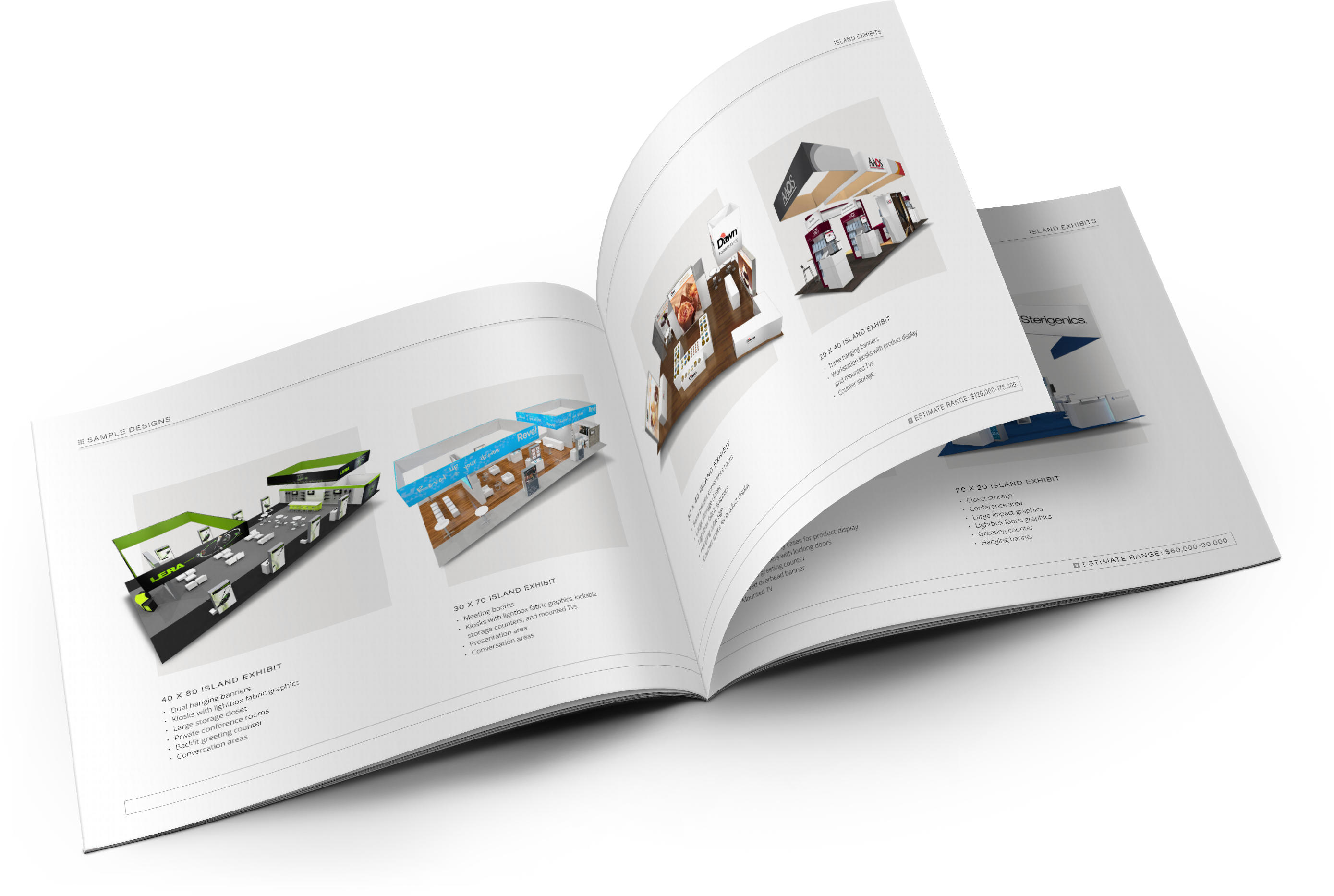Sometimes it seems like there is never enough time in the day to accomplish your goals. Here are a few tips that help me to squeeze just a little bit more time out of each day. There was a time not that long ago where it seemed like I worked nonstop but still felt like I hadn't accomplished anything. Even worse, I would look at the clock and exclaim, "Where did the day go?" I wished that there was a genie that could magically give me an extra hour or two. Unless you're Aladdin, no genie will grant such a wish. Instead, you have to buckle down and discover clever ways to find more time in your day. Though it may sound impossible, you can find that time if you use these 10 tactics.
1. Keep a log of your time.
If you want to find more time in your day, then you first need to know how you spend your time. The best way to do this is by starting a time log and tracking all of your minutes.
starting a time log and tracking all of your minutes.
A time log is just a notebook where you jot down what you do and how long it takes. This process may sound cumbersome, and it is, but do this for a week or so. At the end of the week, you'll be able to identify how long tasks actually take to accomplish and how much time you spend on unproductive activities. As a result, you'll stop under and overestimating how long certain things take. You may even discover lost blocks of time, such as during your morning commute.
If you're not a fan of carrying a notebook with you at all times, there a number of digital tools that can track time for you.
2. Make your to-do-lists more effective.
Entrepreneurs like Richard Branson credit to-do-lists as tools that helped them achieve success. The problem is that most to-do-lists are bland, vague, and uninspiring. However, there are several ways you can make your list more powerful and useful. Writing for Wise Bread, Kentin Waits suggests the following techniques to improve your to-do lists:
- Attach an emotion to each item since this acts a motivator.
- Link a reward to the completion of each task.
- Use precise verbs as opposed to large and vague ones.
- Understand how smaller actions impact the bigger picture.
- Spend more time identifying your “Most Valuable Tasks” for the day.
3. Sleep an hour less.
I'm in no way advocating that anyone sleep so little that they become sleep deprived. Not having your full eight hours of sleep leads to health concerns – it's also counterproductive to productivity.
Research from the National Sleep Foundation has found that adults need seven to nine hours of sleep per night. If you regularly sleep for eight or nine hours – start waking up an hour earlier. You’ll still be getting enough rest to remain healthy and energetic. But, you'll also have an extra hour to spend exercising, reading, working on a side hustle or cleaning out your inbox.
I should add that you don't want just to set your alarm an hour earlier tomorrow. Ease your way into it. Get up 15 minutes earlier for a couple of days, then 30 minutes, 45 minutes, and finally an hour earlier. I suggest that you set your alarm for your regular waking time and merely tell yourself the time to wake up. You may surprise yourself by waking up earlier without that blaring alarm.
4. Get organized.
It happens to us all one time or another. You're getting ready to walk out the door for work only to realize that you don't have your keys or wallet. As a result, you arrive at the office late. Then, as you sit down to begin the workday, you frantically search your desk for an important document.
The average person spends over five minutes searching for misplaced items. We lose 2.5 days each year looking for lost stuff.
The simple solution is to get organized. Give everything a home, and put items back when you're done using them. You'll know exactly where everything is and won't waste time searching for these objects. I spend the last 30 minutes of my workday straightening up my workplace so that when I arrive at the office the next day, everything is where I need it to be.
5. Don't handle things more than once.
According to Jana Kemp, a Boise, Idaho, "time architect" and the author of, No! How One Simple Word Can Transform Your Life, handling the same item multiple times is inefficient. Kemp says, "When it comes to e-mail, voice mail, or paperwork, take instant action – e.g., read, answer, delete, file – so you don't have to come back to it. The accumulated time saved can add up to ten hours a month."
One system that is effective is the 4Ds:
- Delete (or drop). For example, quickly scan your inbox and trash messages that aren't of any use or interest to you.
- Delegate. When possible, assign most administrative tasks to someone else, like a personal assistant.
- Defer. Save important, but not urgent, items for later when you have the availability.
- Do it. If there’s an urgent and essential email from a client, respond to them ASAP.
6. Reconfigure your smartphone.
Did you know that the average American checks his or her phone every 12 minutes? Other studies have found that we spend about half of our phone time on social media platforms like Facebook, Instagram, Twitter, Snapchat and YouTube. No wonder we aren’t getting the most out of our days.
While some people have enough willpower to just ignore their phones when they receive notifications, most of us can’t resist that temptation. To resolve this, you can put your smartphone on airplane mode or use a tool to block distracting sites for specific amounts of time.
What about those times when you use your phone to avoid interaction, such as during your commute on public transit or when waiting in a busy office for an appointment. We automatically go on our phones and get sucked in. Next thing you know, you've just spent 30-minutes watching videos or seeing what your friends and family have been up to.
To combat this, rearrange your phone. I've removed many apps from my phone and try to use social media from my desktop so that I have a more controlled way to deal with it. I don't want to get distracted into a five-hour time suck. This way, I only check my accounts when I'm at my desktop – usually after I've gone through my inbox at scheduled intervals. If that's too extreme, then at least remove the apps from your home screen so that you aren't checking your social accounts every couple of minutes.
7. Schedule less.
Putting fewer items on your schedule may sound obvious, but entrepreneurs have a tendency to bite off more than they can chew. Before committing to a task or event and adding it to your calendar, ask whether or not it's moving the needle toward your goals. Maybe being a part of a local business organization helped you network while starting your business. Today, however, it may be a commitment that leaves you feeling overextended.
In other words, stop packing your schedule so tight that it’s about to burst at the seams. Only take on responsibilities that serve a purpose. Start saying no to everything else – at least for now.
What's more, Chris Guillebeau suggests that you remove you review your calendar and eliminate the things that you aren't excited about. "This is a great way to free up hours, blocks of time, or whole evenings from your life," he writes.
8. Become more proactive.
"So many of our days are spent in reactive mode. We're constantly responding to emails, sitting in pointless meetings and dealing with other people's 'emergencies,'" writes Chris Winfield in a piece for Time. "All of this makes it more and more difficult to actually get anything accomplished."
Winfield recommends using the Pomodoro Technique where you spend 25 minutes on a task to become less reactive to interruptions. You only focus on that task until the 25 minutes are up. After that block of time, take a five-minute break. When you've completed four cycles, you can have a longer break to help get you fresh and focused.
After leveraging this technique, Winfield states that he can "do the amount of work that used to take me 40 hours in just 16.7."
9. Get creative with waiting time.
Remember that time log you created? You may have noticed that there are chunks of free time available. For example, if you sit in the carpool or subway for 30 minutes every morning, you could use that time to read and respond to longer emails, listen to a podcast or audiobook, or write in your gratitude journal. If you watch three hours of television when you get home, cut that down to only an hour and spend the other two hours on a hobby or learning a new skill.
The point is that we all have moments throughout the day that could be better spent on something productive.
10. Group similar tasks together.
Putting similar job together is a tactic known as batching. It's one of the most effective ways to maximize productivity. Grouping all similar tasks together will reduce the time spent shifting gears (grinding gears may be more like it – such as with daily clutter). Batching encourages you to focus on one task at a time.
Examples of batching could be prepping all of your meals on Sunday afternoons or running all of your errands at the same time. At work, this could be scheduling all of your meetings on the same day and set aside specific times to email and make phone calls.






